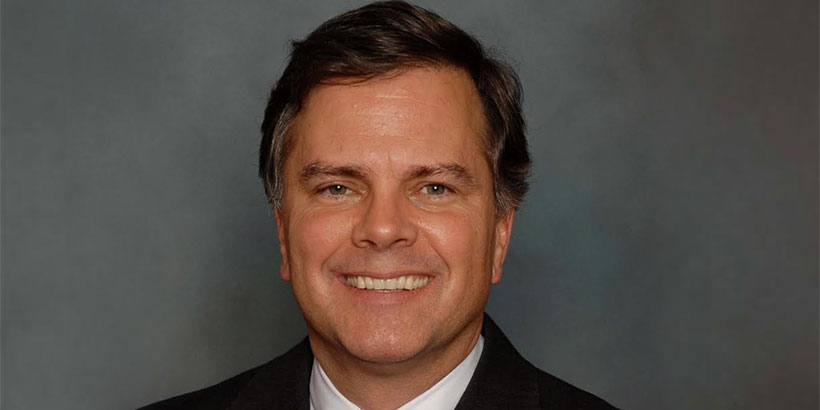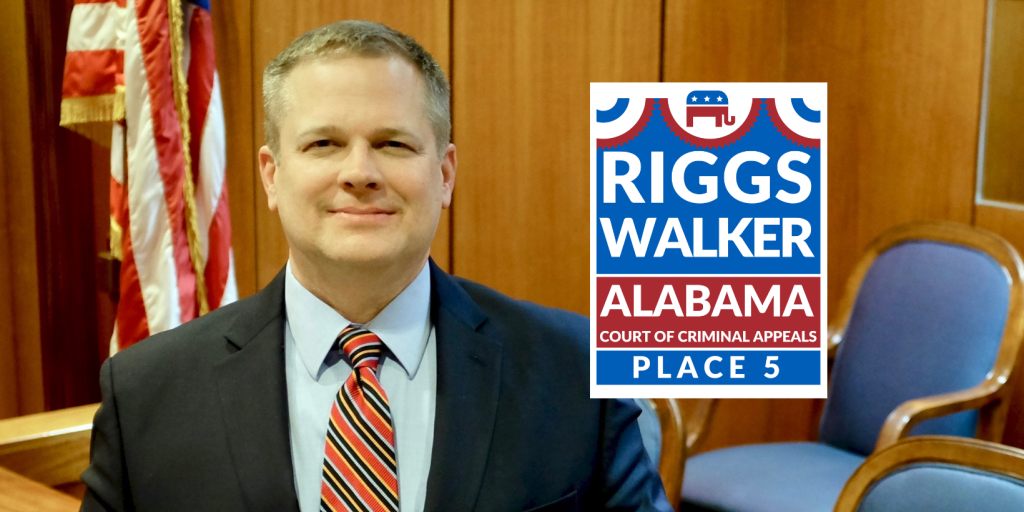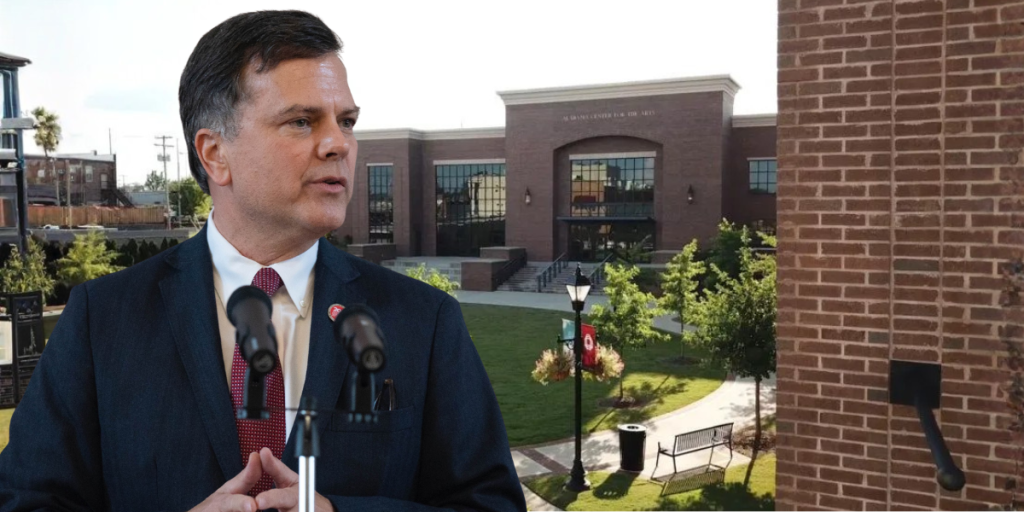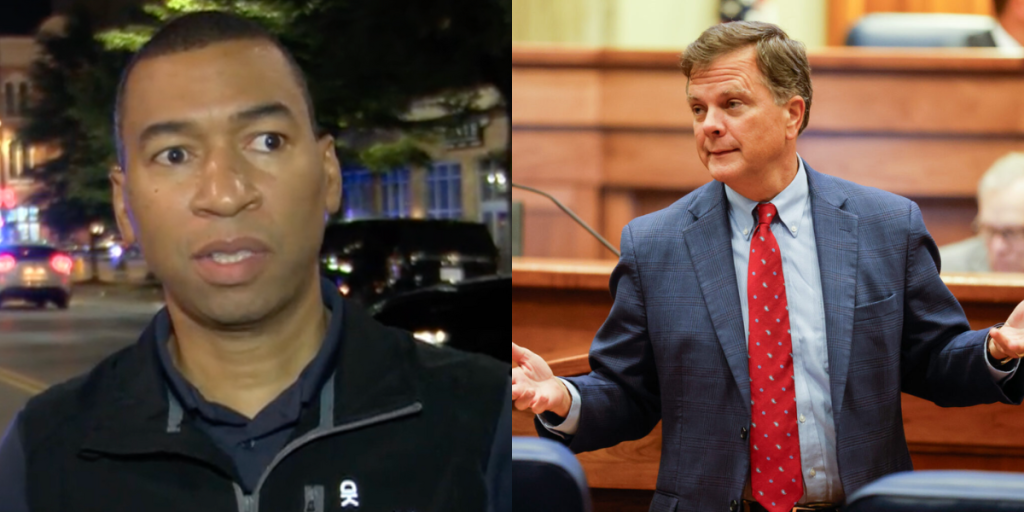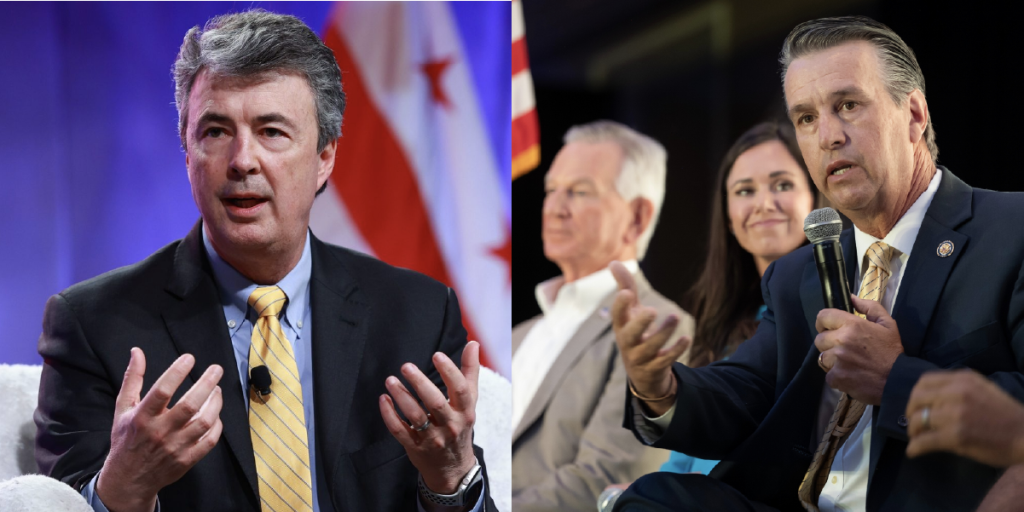Public colleges and universities should be free and open to the exchange of ideas — places where our future teachers, lawyers, doctors, judges, community leaders, and voters can exercise their constitutionally protected freedom of speech.
To that end, the Alabama Legislature passed the Campus Free Speech Act, which Gov. Kay Ivey signed into law. The law certain types of policies by public colleges and universities that suppress free speech.
In passing the bill — with overwhelming support — the Legislature recognized that “[f]reedom of expression is critically important during the education experience of students, and each public institution of higher education should ensure free, robust, and uninhibited debate and deliberation by students.”
Free speech on campus has not just gotten the attention of the Alabama Legislature; 21 states have adopted similar laws. And the enthusiasm for campus free speech goes beyond just state lawmakers.
The United States Supreme Court recently ruled in favor of a college student who, wanting to share his faith on campus, was required to have a permit and was ultimately sent to a tiny free speech zone.
This should never happen in the state of Alabama. In fact, Alabama’s public universities should strive to lead the country in the protection of free speech.
Unfortunately, on some Alabama campuses, we still have free speech zones and students are required to obtain advance permission to speak on certain topics. Nothing says “freedom of speech” like being forced to seek bureaucratic approval to exercise that freedom.
The Campus Free Speech Act explicitly prohibits speech zones and protects the right of all members of the campus community to spontaneously speak in outdoor parts of the campus.
Far from a political whim, this effort was a serious and meaningful step towards protecting a freedom that the Alabama Constitution refers to as one of “the great, general, and essential principles of liberty and free government.”
The Campus Free Speech Act is being contested before the Alabama Supreme Court. Supporters of free speech on campuses should watch with interest to see whether university policies that burden student free speech can withstand legal scrutiny.
The protections written in the free speech bill — and those like it in 21 other states – ensure that public universities remain places where intellectual diversity flourishes and all students can engage in the exchange of ideas rather than being censored in the name of our state government.
Sen. Arthur Orr, R-Decatur, represents Morgan, Madison and Limestone counties in the Alabama Legislature. He is chairman of the Senate Finance and Taxation Education Trust Fund Budget Committee




